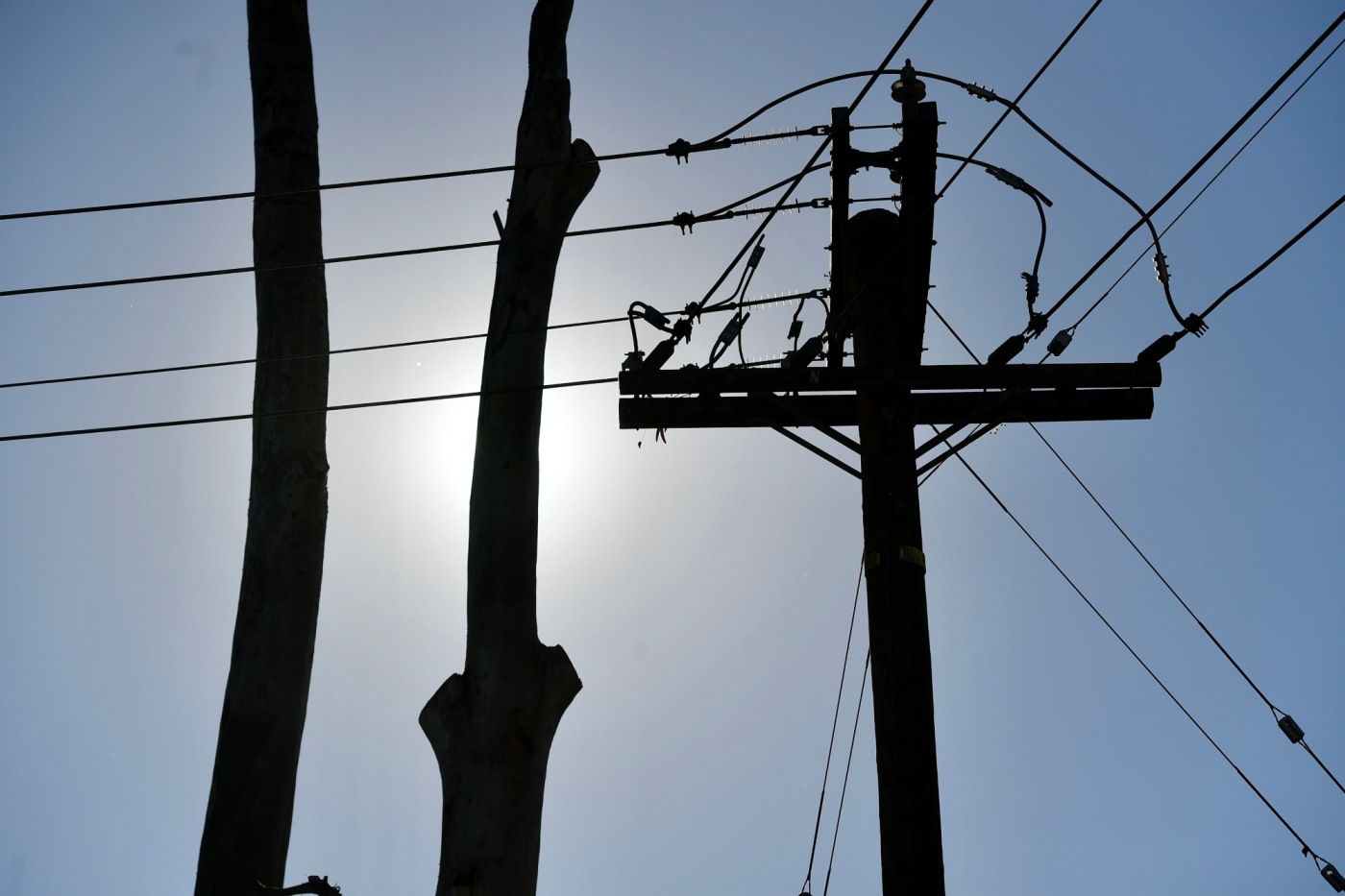Residents in Irvine, Fullerton, Huntington Beach and Buena Park have begun getting flyers about a new provider they will be seeing on their power bills.
Orange County’s first community choice energy model, the Orange County Power Authority was created by the cities with the goal of providing a greener energy alternative to Southern California Edison with competitive rates.
The OCPA will take over energy services for residents in those four cities beginning Oct. 1, automatically enrolling the customers to receive cleaner electricity that is up to 100% renewable, though in many cases costlier.
Residents in three of the four cities that have signed on to the agency will be automatically opted-in to receive 100% renewable energy, the most environmentally friendly, but also most expensive, energy blend option offered.
The automatic enrollment is a fixture of the California law that governs community choice energy programs, also called community choice aggregation, said Fred Jung, mayor of Fullerton and vice chair of OCPA’s board of directors. Approved by the state in 2002, community choice energy allows cities to join together and form power agencies that can buy their own electricity, which is still delivered through the same transmission system. There are 24 providers now in California, including the OCPA.
“Unfortunately for residents, I know it’s an additional step that they have to take,” Jung said of the opt-out process. “I recognize that some of this is not streamlined, it’s cumbersome, but it is the state model that we’re following at this moment, it’s not an OCPA thing.”
In Fullerton, residents will be automatically enrolled in what the OCPA is calling its “Smart Choice” plan, which will provide about 69% renewable energy at a cost agency officials have said will be 3.7% more than Southern California Edison’s rates. The 100% renewable option, which will be the default in Irvine, Huntington Beach and Buena Park, is estimated to cost about 5.6% more.
A third plan that the OCPA is offering as its “Basic Choice” plan aims to match Edison’s service with a 38% renewable blend – the same SCE offers – without a rate hike.
Jung said it’s possible the OCPA’s basic plan could yield cheaper electric bills as Edison rates increase. The OCPA does not need to mirror Edison’s rates. And the more customers that enroll in the program, at all levels, the greater possibility for better rates because of “the purchasing power in bulk,” Jung said.
“The more residents that we have that are online, the more commercial businesses that we have online, it will only increase the capacity of what we’re able to afford to residents,” he said.
There’s no deadline for customers to opt for a different renewable energy plan or out of the OCPA all together and go back to Edison. They can do so on the agency’s website once they have received an enrollment notice from the OCPA.
The agency’s takeover will happen in a phased approach depending on when customers receive their annual “true-up,” the annual statement that shows how much energy a customer used and how much they generated. Those who get their annual notice in October or November will be switched beginning Oct. 1, while customers who are set to receive the statement next August or September will be enrolled August 2023.
The agency will begin servicing residents in unincorporated parts of the county next year.
Customers will continue to get a monthly Edison bill with charges for the power the OCPA arranges.
The OCPA has been off to a rocky start since its formation in 2020. The agency has been under scrutiny over allegations of inexperienced leadership, mismanagement and lack of transparency and county officials have called for reviews of its operations.
Board members earlier this month responded to an Orange County Grand Jury report that alleged transparency and management issues at the agency with a letter that said OCPA “wholly disagrees” with nearly all of the findings. In response to calls for audits of its operations, the board proposed hiring a consultant to review the agency’s energy purchasing and issue a report.
Board members also proposed having the county join in on a financial audit already being performed following a request from the City of Irvine.
Jung touted OCPA’s energy offerings as a choice that helps curb climate change leading to environmental disasters Californians are seeing right now amid an ongoing drought and devastating wildfires, calling it “an opportunity for Orange County to be on the leading edge, on the cutting edge, of climate change and battling it.”
“On the flip side,” he said, “if economically it doesn’t work for you, you’re on a fixed income, you are on the margins, opting out is within your right.”
Related Articles
How much to tear down a nuclear plant? Not as much as it cost to build
Redondo Beach’s gas-fired power plant has its day in the sun — but it can’t stand the heat
A text alert may have saved California from power blackouts
UN agency calls for safety zone around Ukraine nuclear plant
Gov. Newsom, lawmakers agree on plan to extend life of Diablo Canyon nuclear plant





